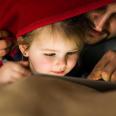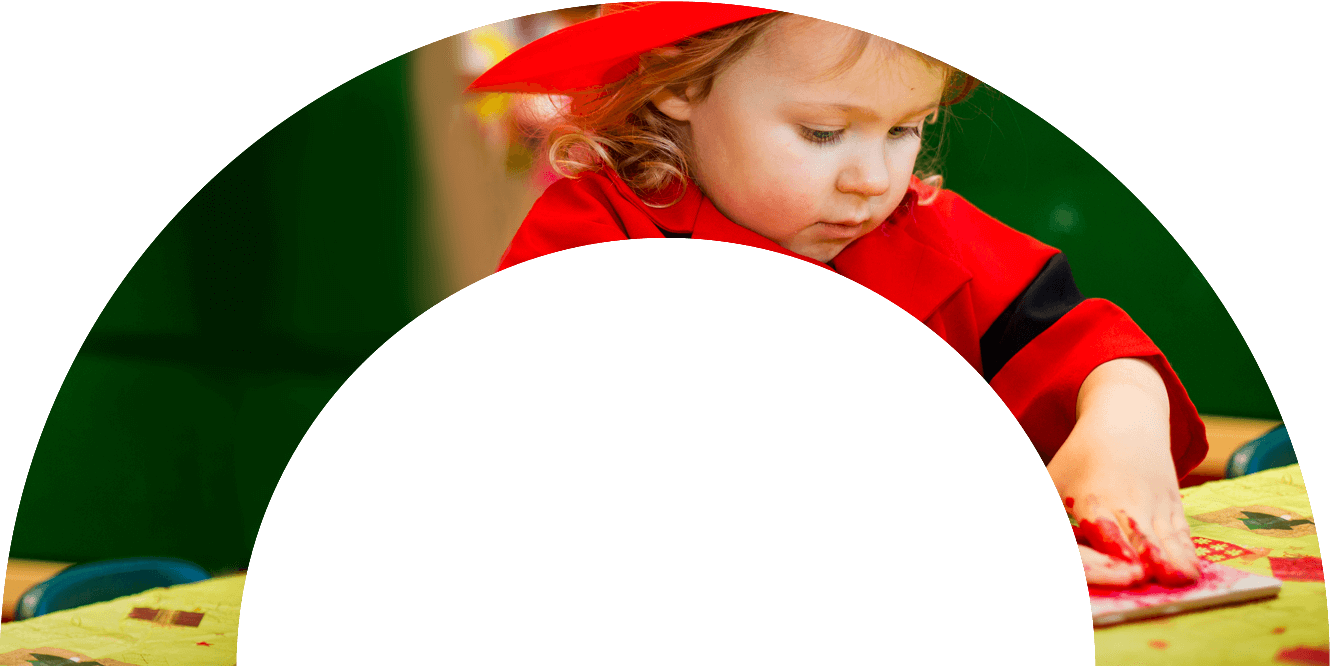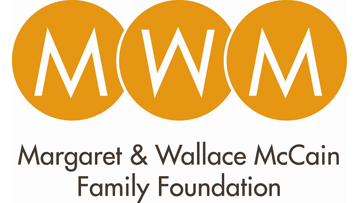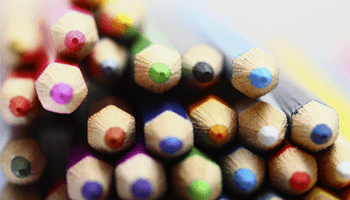Developmentally appropriate practices like play-based learning are valuable for strengthening many areas of development and learning. This topic aims to show how play-based learning can help support young children’s learning of social-emotional skills, general cognitive development, and self-regulation abilities. It also helps to clarify the relationship between play and academic learning.
Synthesis PDF Complete topic PDFInformation sheets
Download the free PDF version here or purchase hardcopy prints from our online store.
Play-based learning
Play-based learning: The joy of learning through play
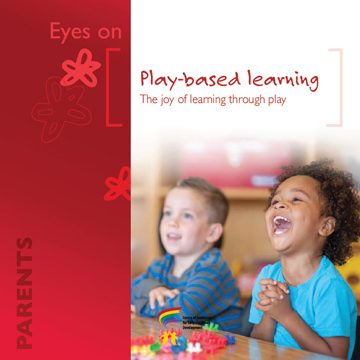
Synthesis
How important is it?
Play-based learning is a pedagogical approach that emphasizes the use of play in promoting multiple areas of children’s development and learning. Free play and guided play are two types of play-based learning. The former is child-directed and internally motivated, while the latter is supported by adults and geared at a specific learning goal. Although play is a legitimate right in early childhood and one of the most natural pathways to exploration and learning, young children today are having fewer opportunities to play both at home and in school. The increased emphasis on school readiness has led early childhood programs to prioritize structured activities and testing at the expense of physically active, and play-based learning. However, this traditional learning approach has not necessarily proven effective, as it was found to reduce children’s motivation to learn, and to negatively impact their attention and behavioural regulation. Considering that children learn best when they are mentally active and interact with materials in a meaningful way, play-based learning should become an inherent aspect of their home and school environment.
What do we know?
Play-based learning impacts the development of children’s social and cognitive abilities, and academic skills. There is increasing evidence that free play and guided play contribute differently to these developmental outcomes. Free play appears to be especially beneficial for the development of social competence and self-regulation. For instance, make believe, a form of free play, allows children to problem-solve in the face of conflicts, to inhibit their impulsive behaviours, to express their emotions, to follow social rules, and to support the emotional well-being of others. Tools of the Mind is an example of a preschool program that was specifically designed to improve children’s self-regulation skills through make-believe play.
Relative to free play, guided play appears to be more influential in the acquisition of academic skills. By structuring the environment, incorporating learning targets, and/or modifying pre-designed games, parents and educators can enhance young children’s learning opportunities. In fact, mathematical concepts, such as numeracy, classification, and spatial/temporal relationships can all be learned through adult-supported guided play. Building Blocks PreK is an example of a curriculum that relies on games and playful activities to foster the acquisition of basic math operations.
In spite of the many benefits associated with play-based learning, educators are often unclear about how to provide such opportunities in school, and how to assess the learning that occurs through play. The lack of formal training and increased pressure to achieve the prescribed learning outcomes may partly contribute to these challenges. Finally, it is important to note that children around the world do not have equal opportunities to engage in play-based learning. Relative to children from higher socio-economic backgrounds living in the United States, children from lower income communities in this country are more likely to engage in leisure activities (e.g., digital media) then to participate in outdoor activities, and/or playful activities with adults. The differential access to play-based learning may, in turn, perpetuate the achievement gap among children from different cultural and socio-economic backgrounds.
What can be done?
Given the increasing number of young children who are active users of technological devices, parents are highly encouraged to monitor the amount of time children spend on digital media and the types of games they play on them. Ideally, there should be a balance between the amount of digital play and more traditional playful activities, such as make believe play or outdoor activities.
In order to promote play-based learning opportunities, parents and educators may wish to structure the environment ahead of time. By providing a range of toys (e.g., wood blocks, arts and crafts, puzzles, books, costumes), children would be more likely to create pretend play and explore new possibilities. In addition to setting up the learning environment, parents and educators are encouraged to allow children to freely choose their actions while still providing subtle guidance in order to ensure they explore the right aspects of the environment and/or game to reach the learning goals.
The field of play-based learning is relatively new and more research is needed to determine the levels of adult guidance necessary to (a) promote developmental and academic learning, and to (b) meet the needs of children coming from different backgrounds. Research documenting effective ways to assess play-based learning in the classroom is also warranted. In the meantime, policy makers could support the legislation that promotes the integration of play-based learning in school. They are also encouraged to fund campaigns to promote public awareness around the need for play-based learning in early childhood education.
Discover more

Does play-based learning help young children academically?
Play-based learning, which encompasses free play and guided play, provides an excellent environment for fostering young children’s cognitive development.
Free play alone is not enough to promote academic learning. Indeed, guided play seems to be the main aspect of playful learning that is required to make academic learning possible. It is used to teach specific learning goals in an engaging manner. Children will still be in charge and therefore in control of their actions during play, but the educators or parents will take an active role of guidance by preparing the environment such as providing certain types of toys, collaborating with children by sensitively responding to their actions in a play session and by offering open-ended suggestions in order for children to reach precise learning targets.
With its combination of child independence and adult support, guided play has proven especially effective to support early learning of new content and skills in mathematics, reading and critical thinking among others.
Publications
How Guided Play Promotes Early Childhood Learning
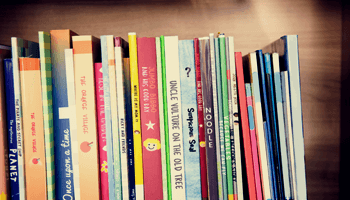
Resources and bulletins
The Encyclopedia also recommends...
MyBaby is a free online resource about positive parenting | Red River College Polytechnic
Proposes activity examples on the play continuum. Dr. Angela Pyle at the Dr. Eric Jackman Institute of Child Study (OISE/University of Toronto) runs the Play Learning Lab.
Let the children play: Nature's answer to early learning
Jane Hewes, Early Childhood Learning Knowledge Centre, CCL
Let the children play: Nature's answer to early learning
Early Childhood Learning Knowledge Centre, CCL, December 2006
A preschool program that was specifically designed to improve children’s self-regulation skills through make-believe play.
Building Blocks-Foundations for Mathematical Thinking, Pre-Kindergarten to Grade 2
A project funded by the National Science Foundation (NSF) to create mathematics curriculum materials for young children.
View related topics
Preschool programs
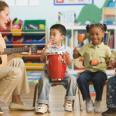
Play
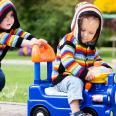
Numeracy
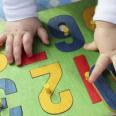
Social cognition

Technology in early childhood education
